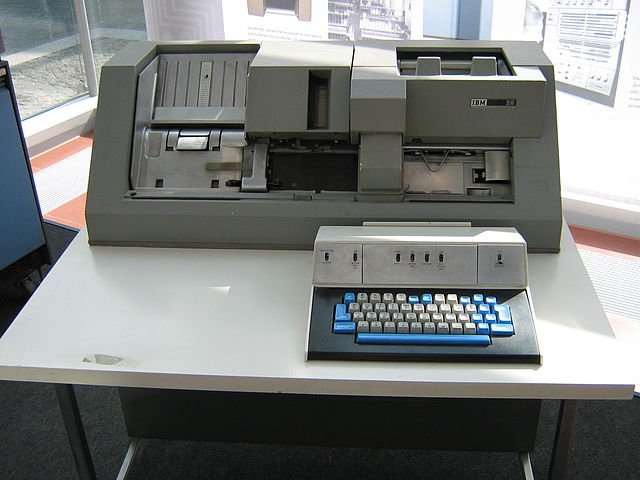At clinics, I sometimes get asked what is the one thing that a person needs to learn to get along better with their horse or to have their horse perform better. My answer used to always depend on the person asking the question. I would assess their skill level and decide what facet of horsemanship they were most lacking before answering.
For one person I might suggest they need to work on their timing, but for another person, I would recommend they developed better feel or improve their awareness. It was always one of those situations where the answer would be an unsatisfying “it depends”.
But as I gained more experience and better insight into teaching I started to change my opinion on the subject. I have since come to realize there is not just one thing for us to focus on in our drive to be better horse people. There is no single skill to becoming a good horse person that is more important than any other. Everything is important.
I am old enough to remember when programming a computer required feeding punch cards into a punch card reader. Maybe some of you remember those old IBM computers.
When I was at university I would have to write programs in whatever computer language required - Cobalt, Fortran, Basic, C. I would type each line of the program onto an individual card, ending up with anything from 200 cards to 2,000 cards. The cards would be fed into the card reader and the computer would print out the results.
If there was any mistake in the program the computer would print out reams and reams of total garbage. It didn’t matter what the mistake was. It didn’t matter if I made big a mistake or a small mistake. Even a single mistake like a forgotten comma or an extra space would cause the computer to have a fit and throw out garbage.
It could be something as fundamentally important as a mistake in an equation or as minor as a missing comma or a card being fed into the computer in the wrong order. It didn’t matter. The result was always the same. A stack of hundreds of pages of printed nonsense. It would take hours and hours of labouring through the cards to find the error before I could run the program again and get the answer I was needing.
So the question is, was the missing comma any less important than the wrong equation? Was it any more important that I fixed the equation than I put the comma where it was meant to be?
I am reminded of this as I try to guide my students to becoming better horse people.
Punch card reader for an IBM computer in 1970s

